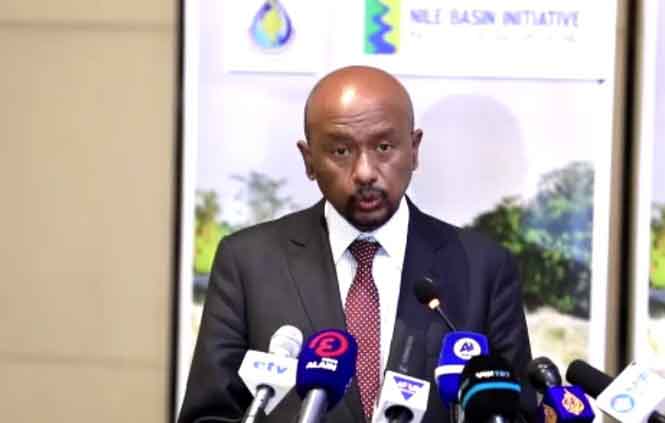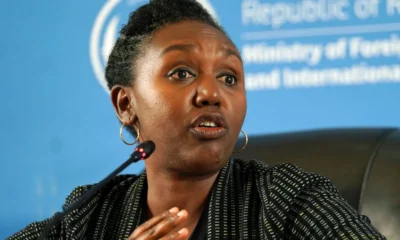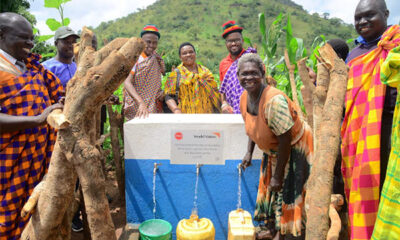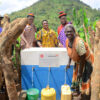News
Coordinate plans for water use, urges Nile Council of Ministers

Water Minister Seleshi Bekele’s of Ethiopia
ADDIS ABABA, Ethiopia – Projections of future water demand based on national plans show a widening gap between water availability and water demand, which could lead to increasing water conflict within countries and between countries, said the Nile Council of Ministers at the just concluded 6th Nile Basin Development Forum.
In a communiqué released on Friday May 7 at the closing of the science-policy dialogue forum in Addis Ababa, Ethiopia, the ministers said that dealing with this challenge requires Nile Basin countries to embrace a nexus approach to ensure the coordinated planning and implementation of investments in the water supply, food and energy sectors.
“The challenge also requires Nile riparian countries to increase coordination in the planning of future water use, and cooperatively take action to implement measures to help bridge the gap between water availability and water demand in the Basin,” the communiqué reads.
The Nile Basin Development Forum (NBDF) is a high-level regional event convened every three years by the Nile Basin Initiative (NBI) in collaboration with its 10 Member States and in partnership with development partners.
The event is a science-policy dialogue that provides an opportunity for sharing latest information, knowledge and best practices, expand networks, build a common understanding of the development challenges and opportunities of the basin, and provide suggestions for a common course of action for the sustainable management and development of the basin for the benefit of all the riparians of the Basin.
The objectives of the Forum are to build common understanding on the status of the water and natural resources base of the Nile Basin among stakeholders, examine the shared complex challenges and, exchange perspectives on the solutions for addressing these challenges.
The Ministers added that
consensus on the Nile is possible and that countries need to commit to continue cooperating in good faith and working together to find peaceful solutions to differences and identify mutually acceptable solutions to the challenges facing the Nile Basin.
“Countries also need to renew efforts to bring back Egypt into the fold of cooperation on the Nile,” reads the communiqué.
The communiqué adds: “It is important to have Heads of States and Governments engaged in championing regional investments that confer a basket of benefits to all riparian communities. In this regard, the Nile countries need to speed up preparations for a second Nile Heads of States and Governments Summit.”
NBDF forums are attended by a broad range of stakeholders who include ministers in charge of water and foreign affairs in Nile riparian countries, other senior government officials, parliamentarians, water resource managers, river basin organisations, economists, environmentalists, development planners, academics, researchers, media practitioners, civil society, local and international NGOs, UN agencies, and private individuals and corporations.
Due to the COVID-19 pandemic, the just concluded 6th NBDF was held mostly virtually. Preceding this closing event, the NBI organised 30 webinars that were attended by 824 participants from 55 different nationalities from around the world.
Thewebinars were used to discuss a wide range of topics on the Nile under the overall theme of: “Re-thinking regional investments in the Nile Basin”.
The Nile Basin Development Forum was organised with support from the Federal German Government through GIZ as well as the World Bank and Cooperation in International Waters in Africa. It was hosted by the Government of Ethiopia.
Comments


























